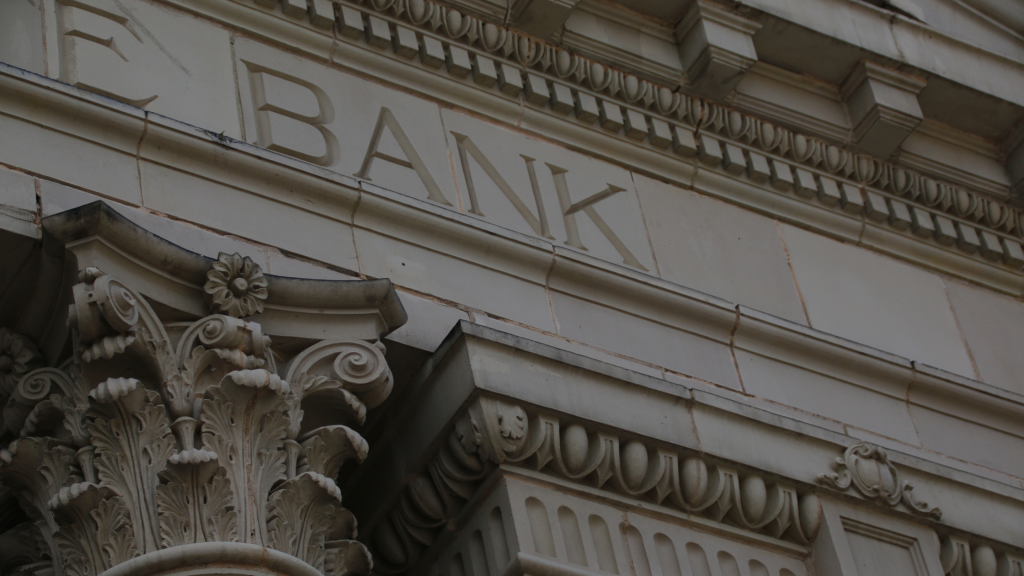In the world of forex trading, major market institutions play a crucial role in shaping the dynamics of the foreign exchange market. Understanding the functions and impact of these institutions is essential for traders looking to navigate the forex market successfully. In this article, we will delve into the role of major forex market institutions, including central banks, commercial banks, brokers, and their significance in trading. By gaining insights into their operations, traders can make more informed decisions and better interpret market movements.
Who are the Major Forex Market Institutions and What Do They Do?
The forex market involves the participation of various institutions that contribute to its liquidity and functioning. Let\’s explore the key players:
The Impact of Central Banks on the Forex Market
Central banks play a pivotal role in the forex market as they are responsible for formulating and implementing monetary policies. They influence the value of their respective currencies through measures such as interest rate adjustments, open market operations, and intervention in the foreign exchange market. Understanding the actions and announcements of central banks is crucial for traders as they can have a significant impact on currency prices.
The Importance of Commercial Banks and Brokers in Forex Trading
Commercial banks facilitate forex transactions for their clients, including corporations, individuals, and institutional investors. They act as market makers, providing liquidity by quoting bid and ask prices for currency pairs. Additionally, commercial banks engage in proprietary trading, taking positions in the forex market to capitalize on market movements. Forex brokers, on the other hand, enable retail traders to access the forex market by offering trading platforms, leverage, and access to liquidity providers.

Additionally, commercial banks engage in proprietary trading, taking positions in the forex market to capitalize on market movements. Forex brokers, on the other hand, enable retail traders to access the forex market by offering trading platforms, leverage, and access to liquidity providers.
Technical Analysis and Major Forex Market Institutions: Understanding Market Movements
Technical analysis is a popular approach used by traders to analyze price charts and identify trading opportunities. Major forex market institutions, with their significant influence on the market, can provide valuable insights for technical analysis.
By observing the actions and announcements of central banks, traders can interpret market sentiment and potential future currency movements. For example, if a central bank signals a potential interest rate hike, it may strengthen the currency, leading to bullish trading opportunities. Similarly, understanding the market positioning of commercial banks and brokers can help traders gauge market sentiment and identify potential support and resistance levels.
The Role of Major Forex Market Institutions in Forex Regulation
The forex market operates within a regulatory framework to ensure fair and transparent trading. Major forex market institutions play a crucial role in upholding market integrity and protecting the interests of traders.
Regulatory bodies such as financial authorities and central banks set guidelines and monitor the activities of forex brokers to ensure compliance with industry standards. They establish rules related to capital requirements, client fund segregation, and transparency of pricing. Traders should seek regulated brokers to ensure the safety of their funds and fair trading conditions.

Market Data and Economic Indicators Provided by Major Forex Market Institutions
Major forex market institutions often release market data and economic indicators that can significantly impact currency prices. These reports include GDP figures, inflation rates, employment data, and trade balance information, among others. Traders closely monitor these releases as they provide insights into the health and performance of economies, influencing market sentiment and currency valuations.
For example, central banks publish economic reports and monetary policy statements that outline their assessment of the current economic conditions and future outlook. These reports often contain clues about potential changes in interest rates or other policy measures, which can have a substantial impact on currency values.
Commercial banks and brokerage firms also provide research reports and market analysis, which can be valuable resources for traders. These reports often offer technical analysis, fundamental analysis, and market commentary, helping traders stay informed and make well-informed trading decisions.
By incorporating this market data and economic indicators into their analysis, traders can identify trading opportunities and manage risk more effectively. They can align their strategies with the fundamental factors driving the market and make informed decisions based on the latest information provided by these institutions.
Collaborative Efforts in Market Regulation and Oversight
Major forex market institutions collaborate to ensure proper regulation and oversight of the forex market. This cooperation aims to maintain market integrity, protect traders’ interests, and mitigate the risk of fraudulent activities.
Regulatory bodies work closely with central banks, financial institutions, and industry associations to establish and enforce rules and regulations. They conduct audits, inspections, and investigations to ensure compliance with anti-money laundering measures, client fund segregation requirements, and fair trading practices.
In addition, major forex market institutions actively participate in industry discussions and forums to address emerging challenges and develop best practices. They share knowledge, expertise, and insights to enhance the overall transparency and efficiency of the forex market.
Traders benefit from these collaborative efforts as they can trade with greater confidence in regulated and transparent environments.

Conclusion
Understanding the role of major forex market institutions is vital for forex traders. Central banks, commercial banks, brokers, and regulatory bodies all contribute to the liquidity, stability, and functioning of the forex market. By monitoring their actions and announcements, traders can gain insights into market sentiment, anticipate potential price movements, and make informed trading decisions. Remember to stay updated with relevant news and developments related to these institutions to adapt your trading strategies accordingly. Come join me at The FX Mentor if you want to learn more about how to use knowledge like this in your trading!




